Introduction
Digital marketing has become an indispensable tool for businesses of all sizes. With the ever-evolving digital landscape, determining the right budget for your digital marketing efforts can be challenging. In 2024, the stakes are higher than ever, with increased competition and rapidly changing consumer behaviours. This blog aims to provide a comprehensive guide on how much you should spend on digital marketing in 2024, considering various factors such as industry benchmarks, business goals, and emerging trends.
The Importance of Digital Marketing
Digital marketing encompasses a wide range of activities, including social media marketing, search engine optimisation (SEO), content marketing, email marketing, pay-per-click (PPC) advertising, and more. It allows businesses to reach their target audience effectively, engage with them, and drive conversions. In today's digital-first world, a well-executed digital marketing strategy is crucial for brand visibility, customer acquisition, and revenue growth.
Factors Influencing Digital Marketing Budget
Before diving into specific numbers, it's essential to understand the factors that influence your digital marketing budget:
- Business Size and Revenue
- Small businesses with limited revenue may allocate a smaller percentage of their budget to digital marketing compared to larger enterprises.
- Industry benchmarks suggest that businesses should spend between 7-12% of their total revenue on marketing, with a significant portion dedicated to digital channels.
- Industry and Competition
- Competitive industries, such as e-commerce, technology, and finance, often require higher marketing budgets to stand out.
- Researching competitor spending can provide insights into the necessary investment to remain competitive.
- Marketing Goals and Objectives
- Define clear goals, such as brand awareness, lead generation, or sales conversion, to determine the appropriate budget.
- Different goals may require different allocations across various digital marketing channels.
- Target Audience
- Understanding your target audience's online behaviour helps in allocating budget to the most effective channels.
- For instance, a younger audience may be more active on social media, while professionals might be reached more effectively through LinkedIn and email marketing.
- Geographic Reach
- Local businesses may focus on local SEO and region-specific advertising, whereas national or international companies might need a broader, more expensive strategy.
- Digital Marketing Trends
- Staying updated with the latest trends, such as AI-driven marketing, video content, and influencer collaborations, can influence budget decisions.
Budget Allocation by Digital Marketing Channels
To maximise the impact of your digital marketing budget, it's crucial to allocate funds strategically across various channels. Here's a breakdown of how you might allocate your budget in 2024:
- Search Engine Optimisation (SEO)
- Budget Allocation: 15-25%
- Importance: SEO is a long-term strategy that improves organic search visibility and drives consistent traffic to your website.
- Key Activities: Keyword research, on-page optimisation, content creation, backlink building, and technical SEO.
- Pay-Per-Click (PPC) Advertising
- Budget Allocation: 20-30%
- Importance: PPC provides immediate visibility and can drive targeted traffic to your website.
- Key Platforms: Google Ads, Bing Ads, and social media advertising (e.g., Facebook, Instagram, LinkedIn).
- Content Marketing
- Budget Allocation: 20-25%
- Importance: High-quality content is essential for engaging your audience, building brand authority, and supporting SEO efforts.
- Key Activities: Blog posts, infographics, whitepapers, eBooks, videos, and podcasts.
- Social Media Marketing
- Budget Allocation: 15-20%
- Importance: Social media platforms are vital for brand awareness, engagement, and driving traffic.
- Key Platforms: Facebook, Instagram, Twitter, LinkedIn, TikTok, and Pinterest.
- Email Marketing
- Budget Allocation: 5-10%
- Importance: Email marketing is a cost-effective way to nurture leads, retain customers, and promote products or services.
- Key Activities: Email campaigns, newsletters, automated workflows, and personalisation.
- Influencer Marketing
- Budget Allocation: 5-10%
- Importance: Collaborating with influencers can expand your reach and lend credibility to your brand.
- Key Activities: Sponsored posts, product reviews, and brand partnerships.
- Other Channels
- Budget Allocation: 5-10%
- Importance: This includes emerging channels and technologies such as AI-driven marketing, chatbots, and virtual events.
Calculating Your Digital Marketing Budget
Now that we've outlined the importance of digital marketing and the allocation of budget across various channels, let's discuss how to calculate your overall budget.
Step 1: Determine Your Revenue
- Start with your projected annual revenue for 2024.
Step 2: Decide on the Percentage of Revenue to Allocate
- Based on industry benchmarks, decide on a percentage of your revenue to allocate to digital marketing. For most businesses, this falls between 7-12%.
Step 3: Break Down the Budget by Channel
- Using the suggested allocations above, distribute your total digital marketing budget across the various channels.
Example Calculation
- Projected Annual Revenue: £1,000,000
- Percentage for Digital Marketing: 10%
- Total Digital Marketing Budget: £100,000
Budget Allocation by Channel:
- SEO: £15,000 - £25,000
- PPC: £20,000 - £30,000
- Content Marketing: £20,000 - £25,000
- Social Media Marketing: £15,000 - £20,000
- Email Marketing: £5,000 - £10,000
- Influencer Marketing: £5,000 - £10,000
- Other Channels: £5,000 - £10,000
Adjusting Your Budget Based on Performance
One of the key advantages of digital marketing is the ability to track and measure performance in real-time. This allows you to adjust your budget based on what’s working and what’s not. Here are some tips for optimising your digital marketing spend:
- Regularly Review Analytics
- Use tools like Google Analytics, social media insights, and email marketing reports to monitor the performance of your campaigns.
- Test and Iterate
- Implement A/B testing for ads, emails, and landing pages to identify what resonates best with your audience.
- Focus on High-Performing Channels
- Allocate more budget to channels and campaigns that deliver the highest return on investment (ROI).
- Reduce Spend on Underperforming Strategies
- Don’t be afraid to cut back on strategies that aren’t yielding results, even if they are currently popular trends.
- Stay Agile and Adaptable
- The digital landscape changes rapidly. Be prepared to pivot your strategy and budget allocation as needed to stay ahead of the curve.
Emerging Trends in Digital Marketing for 2024
To make the most of your digital marketing budget in 2024, it's essential to stay ahead of emerging trends. Here are some key trends to watch:
- Artificial Intelligence and Machine Learning
- AI and machine learning are transforming digital marketing by enabling more personalised and efficient campaigns. Tools like chatbots, predictive analytics, and AI-driven content creation can enhance customer experiences and improve ROI.
- Video Marketing
- Video continues to dominate digital content consumption. Investing in video marketing, including live streaming, short-form videos (e.g., TikTok, Instagram Reels), and video ads, can drive higher engagement and conversions.
- Voice Search Optimisation
- With the rise of voice-activated devices, optimising for voice search is becoming increasingly important. This involves using natural language keywords and focusing on local SEO.
- Influencer Marketing Evolution
- Influencer marketing is evolving, with a shift towards micro-influencers and nano-influencers who have smaller but more engaged followings. This can be a cost-effective way to reach niche audiences.
- Privacy and Data Protection
- As privacy regulations tighten, businesses must prioritise data protection and transparency. This includes obtaining explicit consent for data collection and using data responsibly.
- Augmented Reality (AR) and Virtual Reality (VR)
- AR and VR are gaining traction in digital marketing, offering immersive experiences that can engage customers in unique ways. Consider incorporating AR/VR into your marketing strategy, especially for product demonstrations and virtual events.
Conclusion
Determining how much to spend on digital marketing in 2024 requires careful consideration of your business goals, industry, target audience, and the digital landscape. By understanding the factors that influence your budget and strategically allocating funds across various channels, you can maximise the impact of your digital marketing efforts. Stay agile, monitor performance, and be ready to adapt to emerging trends to ensure your digital marketing strategy remains effective and competitive.

